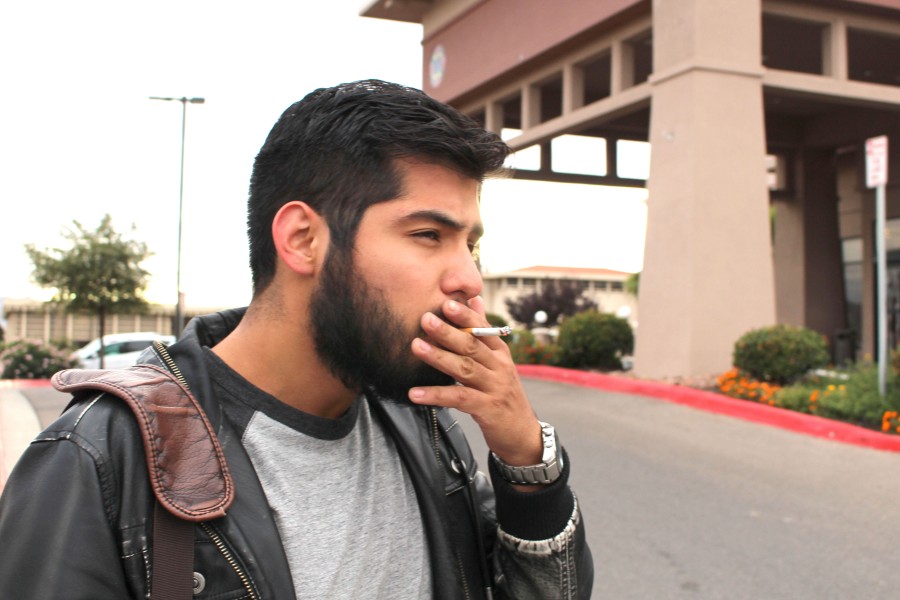Every year, UTEP hosts the Great American Smokeout, an event that aims to spread awareness and encourage the community to quit smoking. This year, the Smokeout will take place from 9 a.m. to 1 p.m. on Nov. 20 on the third floor of Union Building East.
Before UTEP’s no tobacco policy, it seemed like staircase outside the Liberal Arts Building was the designated smoking area on campus. The evidence matched the crime.
According to a 2009 College Student Journal article, about 37.4 percent of communications, languages and cultural studies majors smoke regularly.
Art, design and performing arts majors are made up of about 30.8 percent smokers.
The lowest among college majors who smoke are science, mathematics and engineering at 21 percent.
The next lowest was business majors at 30.2 percent.
Approximately 15.4 percent of UTEP faculty, staff and students currently smoke, averaging 4.4 cigarettes per day, according to the Tobacco Free UTEP website.
According to a 2011 National Health Interview Survey by the Centers for Disease Control Prevention, “adults with at least a bachelor’s degree were less likely than adults with less education to be current smokers and more likely to have ever smoked.”
Javier Alvarado is a senior marketing major. He does not smoke.
“For one, it’s my understanding that a lot of businesses give employees better health benefits if they don’t smoke or if they quit smoking,” he said.
Alvarado said that business professionals often work a routine schedule, whereas communication majors work on projects that require more sporadic hours.
“Smoking gives people a high that could make them more outgoing or energetic and I feel like in communications, you’re constantly talking to people, so you need that energy,” he said.
Erick Delgado, sophomore business major, said he smokes because it helps him relax. He understands that the smoking ban on campus is for a good cause.
“Looking at it through the perspective of the community as a whole, I don’t mind because second-hand smoke does cause harm to others around us, even though they are not the ones harming their lungs,” he said.
The university began a self-governing policy in back in February of 2013 that disallowed the use of tobacco on campus.
Jon Leeah, senior nursing major and former smoker, said he understands why students with majors that aren’t based in science may smoke more.
“Maybe because their majors aren’t based so much in science like anatomy and biology so they don’t realize the harm that smoking can cause,” Leeah said.
Luis Barrio may be reached at [email protected].







